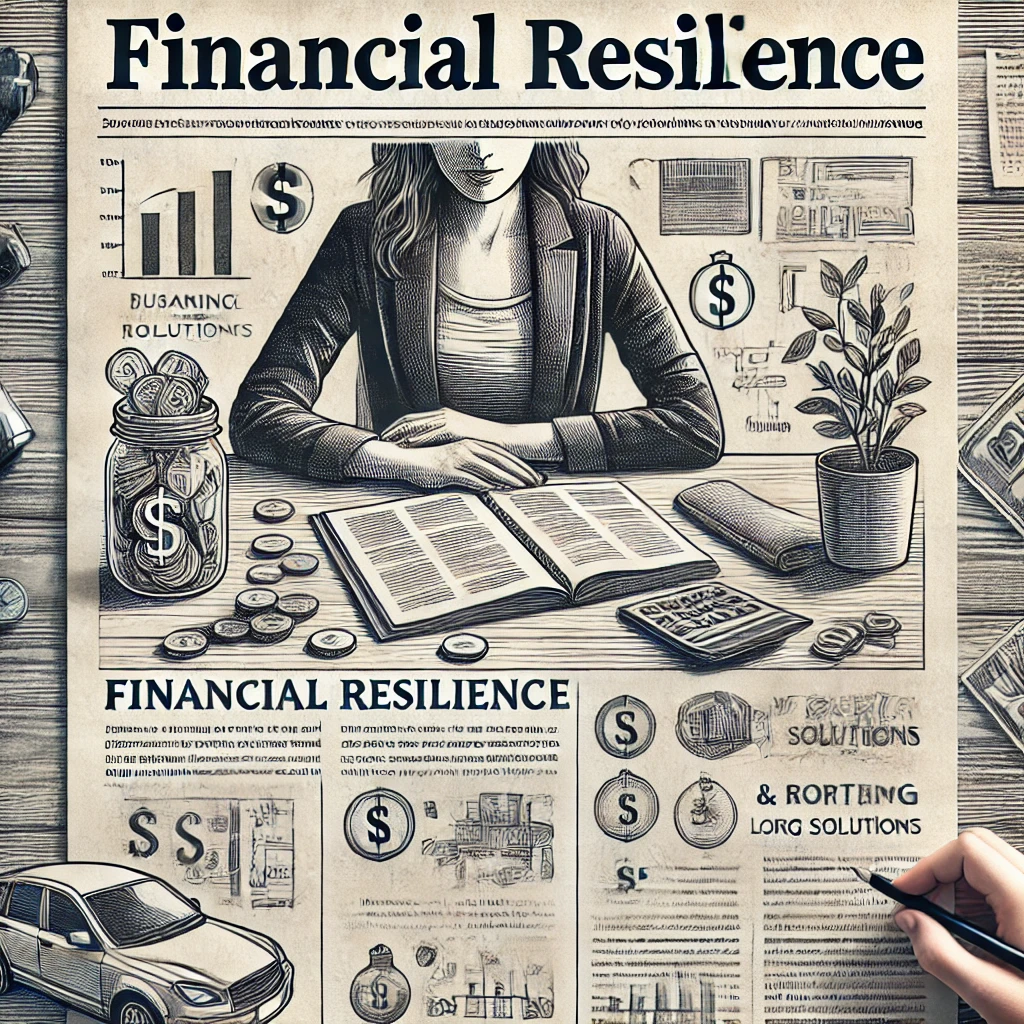
Life’s financial curveballs often hit when least expected—car repairs, medical emergencies, or an overdue bill landing between paydays can leave even the most prepared individuals scrambling for solutions. These moments demand careful decision-making to address immediate needs without jeopardizing long-term financial health. While quick fixes like loans can seem appealing, they should be approached with caution. Let’s explore strategies to handle money challenges effectively, with borrowing as a last resort.
Financial pressure often clouds judgment, making short-term solutions such as borrowing feel like the easiest way out. It’s important, however, to recognize that these fixes often come with hidden costs. High-interest loans, in particular, can create a cycle of debt that’s difficult to escape. For example, relying on a payday loan might provide immediate relief but can lead to significant financial strain due to high interest rates and rigid repayment terms.
Instead of rushing into quick fixes, it’s worth taking a step back to evaluate other avenues. Short-term financial stress doesn’t need to lead to long-term challenges if addressed thoughtfully.
One of the most effective ways to weather financial storms is to establish a safety net before challenges arise. Even small, regular contributions to an emergency fund can add up over time, providing a buffer for unexpected expenses. This proactive approach not only reduces reliance on borrowing but also offers peace of mind when life throws its inevitable surprises.
For those who haven’t yet built an emergency fund, consider starting with small, achievable goals. For instance, setting aside the equivalent of one week’s expenses can create a cushion for minor emergencies while building momentum for larger savings.
When financial challenges arise, consider these alternatives before turning to loans:
There are times when borrowing becomes unavoidable. If you find yourself in this situation, prioritize options with the lowest costs and most flexible terms. Credit unions, for example, often offer small, low-interest loans designed to assist members in financial need. Similarly, some employers provide paycheck advances without the high fees associated with traditional loans.
The key to borrowing responsibly is understanding the terms and conditions. Before signing any agreement, ask yourself whether the repayment terms align with your budget and if the borrowed amount is truly necessary.
For those who have already relied on high-interest loans, it’s never too late to regain control. The first step is to create a realistic repayment plan, focusing on high-interest debts first. Consider speaking with a financial advisor or credit counselor to develop a strategy that aligns with your income and financial goals.
Moreover, it’s essential to break the cycle by building healthier financial habits. This includes budgeting effectively, avoiding unnecessary expenses, and finding ways to increase savings over time.
Financial resilience doesn’t happen overnight, but small, consistent efforts can lead to significant changes. Start by tracking your expenses to identify unnecessary spending and redirecting those funds toward savings or debt repayment. Additionally, consider setting up automatic transfers into a savings account to ensure consistency in building your safety net.
Investing in financial literacy is another powerful tool. Many local organizations and online platforms offer free resources to help individuals improve their understanding of budgeting, saving, and managing debt. Empowering yourself with knowledge not only enhances your financial decision-making but also boosts confidence in handling future challenges.
While the allure of a quick financial fix can be strong, it’s important to remember that loans—especially high-interest options—should be a last resort. By exploring alternative solutions and focusing on long-term financial stability, you can navigate life’s challenges without compromising your future.
When borrowing becomes necessary, approach it with caution, ensuring the terms are manageable and the decision aligns with your broader financial goals. By building a solid foundation of savings and making informed choices, you can face life’s unexpected expenses with confidence and control.